DISILLUSIONED players declined national duty and their governing body grappled with infighting as Indian tennis struggled to stay afloat in a largely disappointing 2024.
The All India Tennis Association (AITA) and the players being at loggerheads was not a new development. But the striking part was the lack of transparency in decision-making and nearly non-existent effort to address the concerns of the players.
The result was that the game plunged to new depths.
The AITA president Anil Jain, who was accused of using his position for personal gain, avoided facing a no-confidence motion from the state associations only after he agreed to step aside.
Towards the end of a forgettable year, a new team of administrators won the elections, promising to change Indian tennis, but a legal challenge filed by two former players did not allow the reform process to begin.
There were accusations that the elections were held in violation of the sports code. The matter will not be heard before March 25, putting on hold the much needed revamp of the system.
In a nutshell, everything that could have gone wrong for Indian tennis in 2024, did go wrong. Yuki Bhambri refused to play for India in a Davis Cup tie against Sweden in September without offering any reason for his decision.
But it was made clear by federation sources that his withdrawal was in response to being left out of the Paris Olympics where Rohan Bopanna, a top 10 player, preferred N Sriram Balaji as his doubles partner.
Bhambri had travelled to Islamabad in Pakistan, despite security concerns, for a Davis Cup engagement in January-February and had the administrators discussed the situation with him, he might have been persuaded to let go of his misgivings.
But AITA could not give a convincing reply to Bhambri either about why his name was not sent for inclusion in the target Olympic podium scheme nor the role Bopanna played in making the choices for Paris.
Meanwhile, the decision by India’s top singles player, Sumit Nagal, to pull out of ties against both Pakistan and Sweden took everyone by surprise.
Captain Rohit Rajpal had agreed to Nagal’s demand for a remuneration amount of $50,000 (£39,980) for annual Davis Cup duty, but the player cited a back strain to pull out of the Sweden tie. He also withdrew from an ATP Tour event the following week.
AITA went public with Nagal’s demands for money after India were thrashed 4-0 by a beatable Sweden. This again triggered a war of words between AITA and Nagal.
Amid this controversy, Sasikumar Mukund, the secondbest singles player in India, was not even picked for the tie because a ban was imposed on him for his earlier refusal to travel to Pakistan owing to security fears and other disciplinary violations.
On court, India did not enjoy much success either. The 44-year-old Bopanna won the Australian Open men’s doubles title with Matthew Ebden in January, the high point of a productive partnership that drew to a close in November. But singles success was very limited.
After a decent first half in which Nagal touched a careerhigh rank of 68, his form began to fade in the second half of the season. Such was his struggle that in his last 12 tournaments, Nagal has managed to win only two matches – one at the Kitzbuhel Challenger in July and one at the Swiss Indoors Basel ATP event in October.
Placed 98, Nagal is now on the brink of dropping out of the top 100 and the next best player is Mukund, who is currently ranked 368.
The next line of players – Manas Dhamne, Karan Singh, Dev Javia and Aryan Shah – do not seem to have the support needed to become world beaters.
As for the women’s circuit, no player looks promising enough to be touted as the next big thing.
Given the crisis of talent, commentators say India needs a robust domestic circuit and a chain of ATP Challengers and WTA/ ITF women’s events to find players capable of competing on the global stage.


















 Abhishek Sharma & Travis HeadGetty
Abhishek Sharma & Travis HeadGetty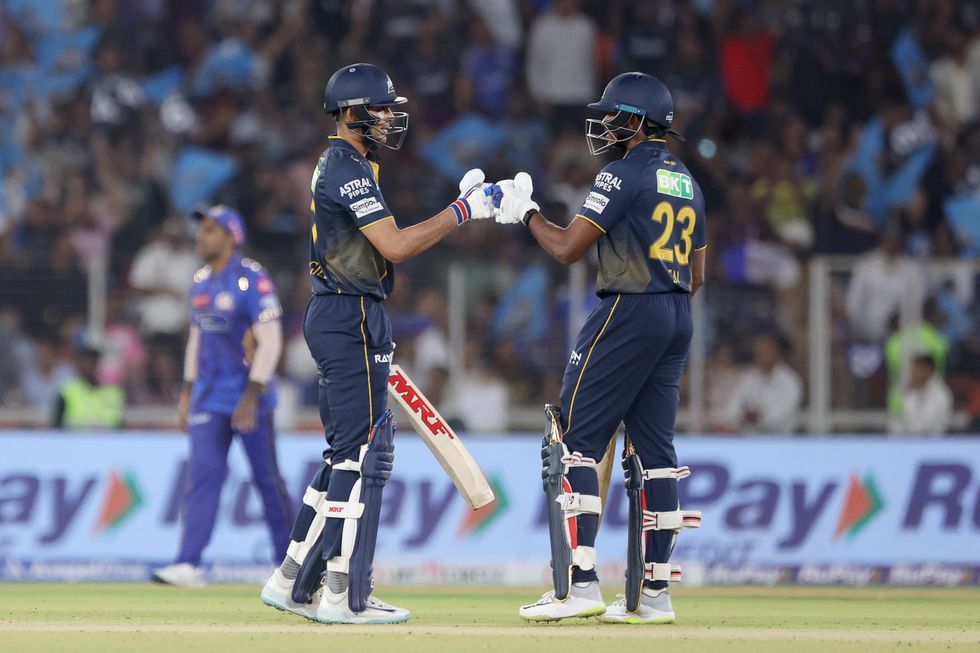 Sai Sudharsan & Shubman GillGetty
Sai Sudharsan & Shubman GillGetty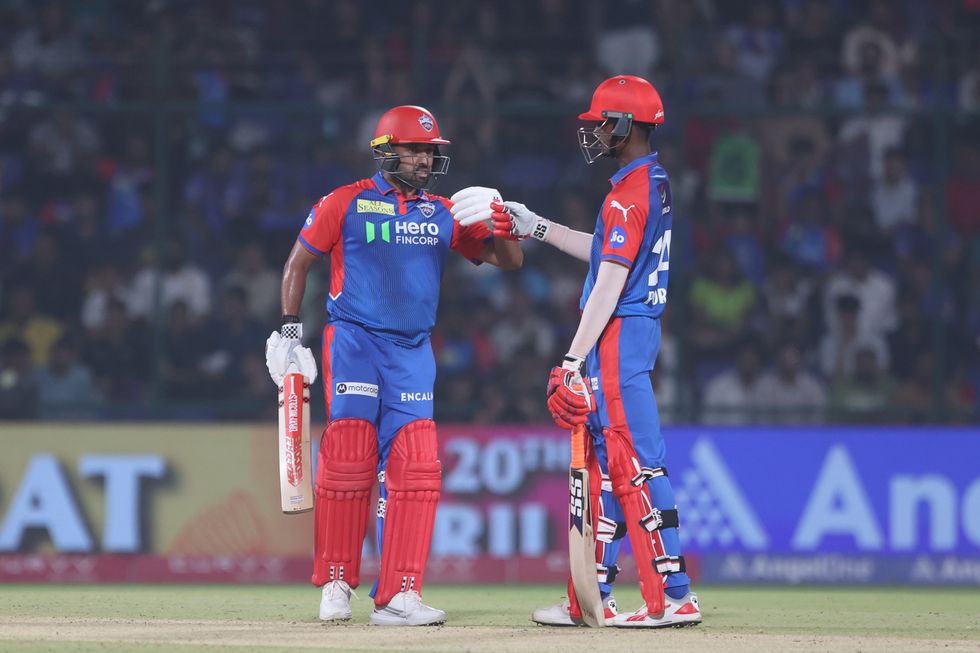 Karun Nair & Abishek Porel Getty
Karun Nair & Abishek Porel Getty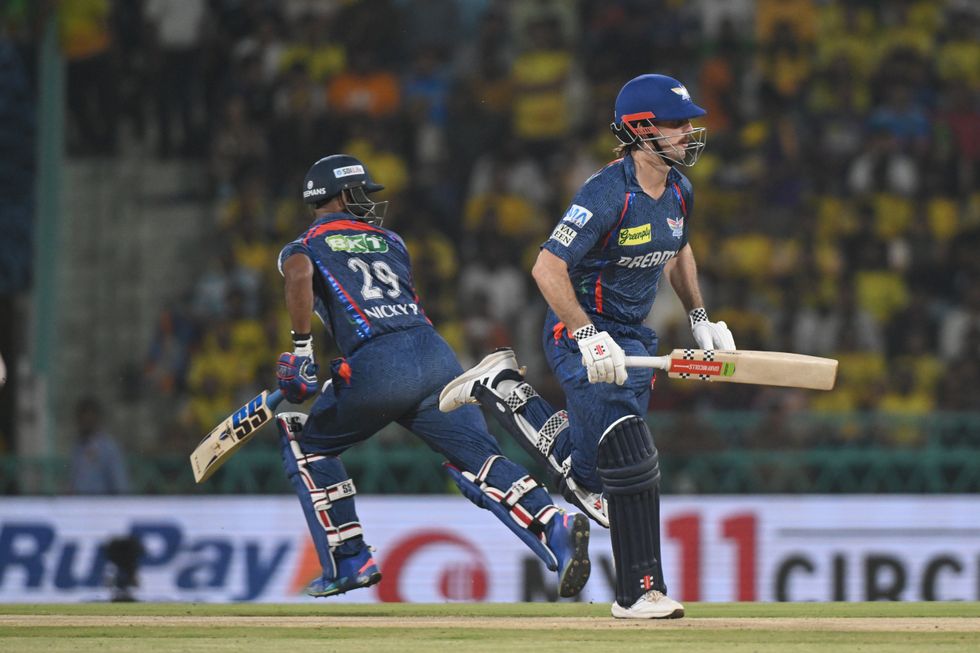 Mitchell Marsh & Nicholas PooranGetty
Mitchell Marsh & Nicholas PooranGetty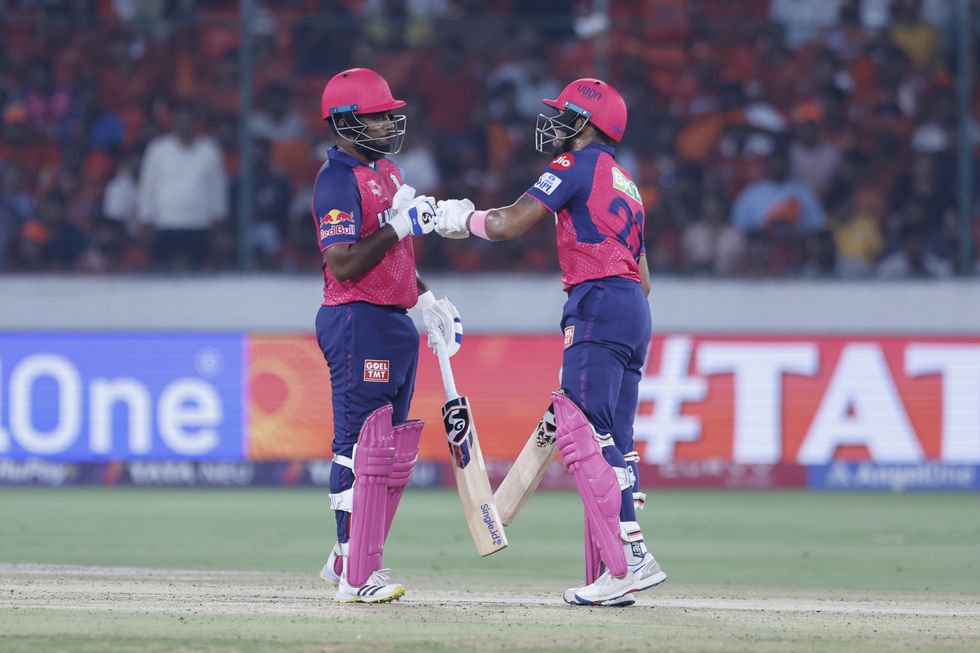 Dhruv Jurel & Sanju SamsonGetty
Dhruv Jurel & Sanju SamsonGetty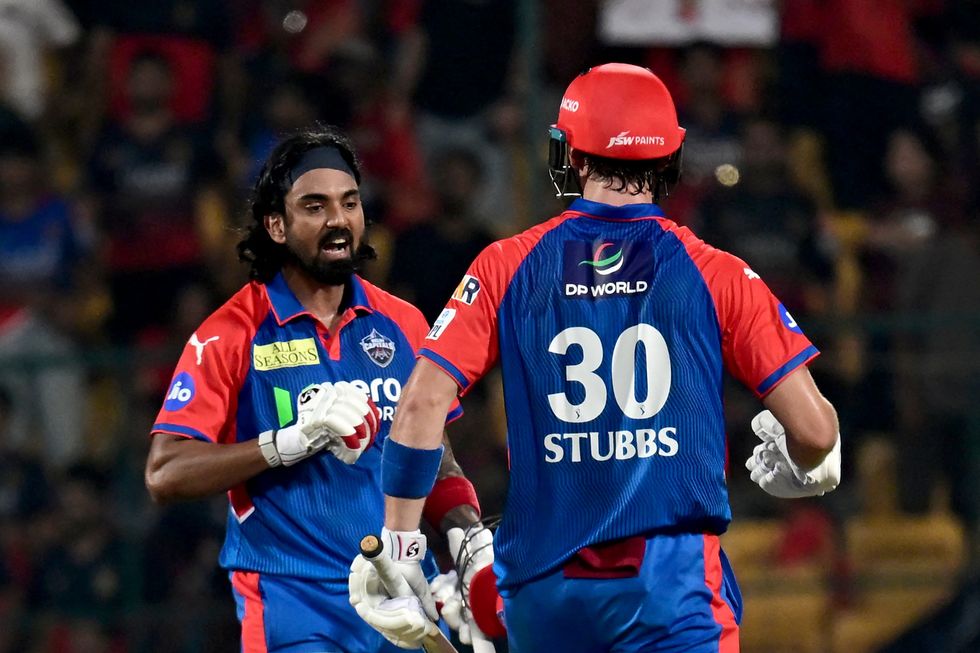 Tristan Stubbs & KL RahulGetty
Tristan Stubbs & KL RahulGetty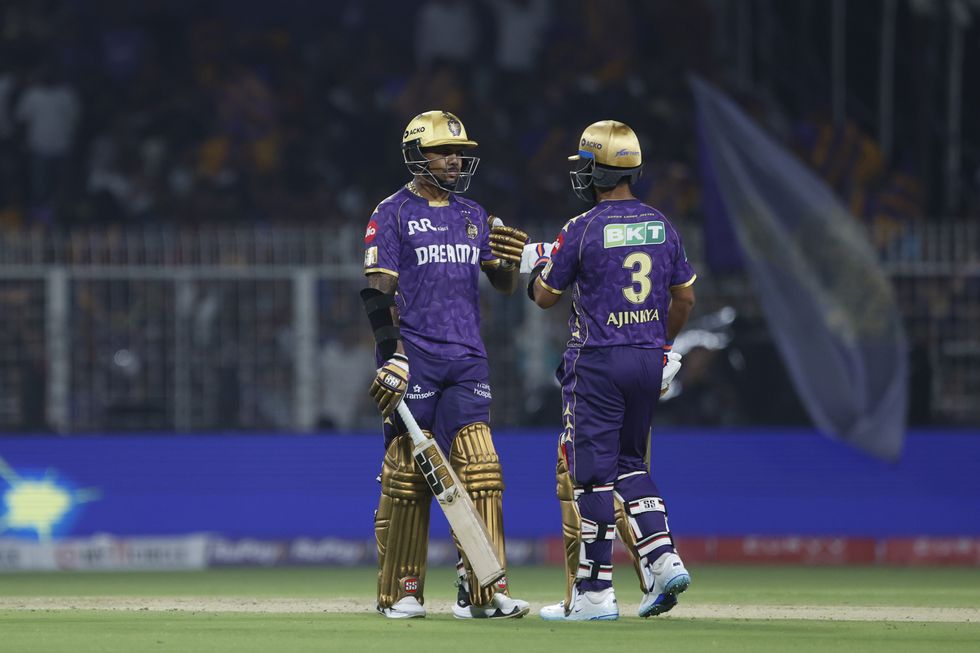 Ajinkya Rahane & Sunil Narine Getty
Ajinkya Rahane & Sunil Narine Getty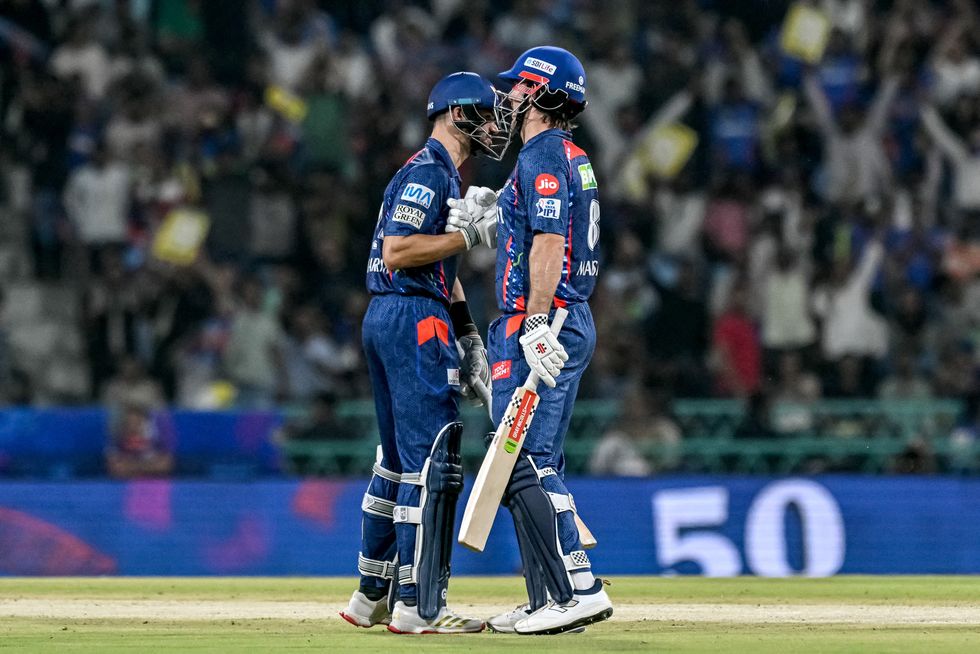 Mitchell Marsh & Aiden MarkramGetty
Mitchell Marsh & Aiden MarkramGetty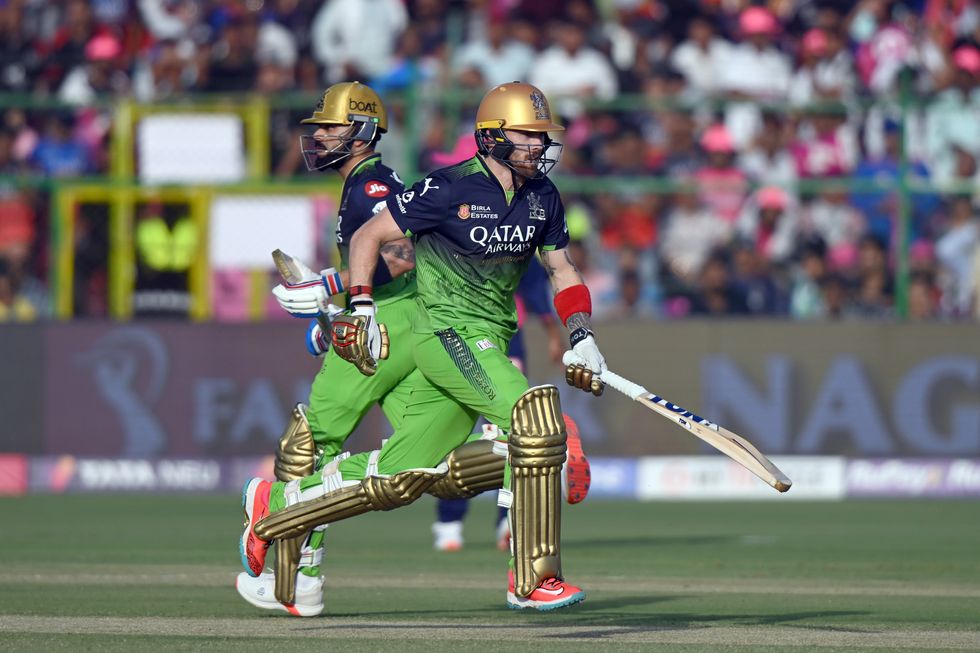 Virat Kohli & Phil Salt Getty
Virat Kohli & Phil Salt Getty
